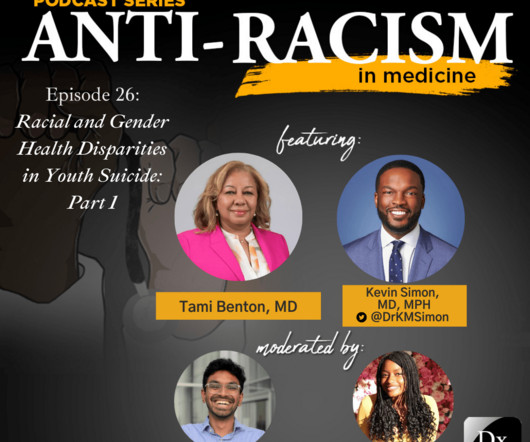Episode 293 – Antiracism in Medicine Series – Episode 22 – Live from SGIM 2023: Best of Antiracism Research at the Society of General Internal Medicine’s 2023 Annual Meeting
The Clinical Problem Solvers
JUNE 26, 2023
Identify strategies to mitigate bias and stigma in the electronic health record as a trainee and medical practitioner. Mary Catherine Beach is a professor in the School of Medicine, with appointments in the Center for Health Equity and the Berman Institute of Bioethics, at Johns Hopkins University.












Let's personalize your content